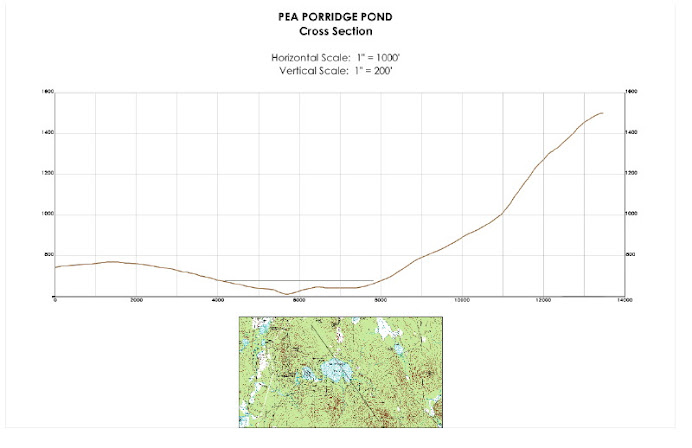Very soon, you'll start to see two kinds of postings here on the blog: "Scientific Postings" and "Social Postings".
The first will provide information about the project's on-going scientific investigations (background, methods, schedules, results, reports, etc.).
The second will provide information about meetings and social activities to be scheduled from time to time (generally on or near The Pond) through which you can participate in some of the project's activities and where we can describe and answer questions about the projects' results as they become available.
The first of these kinds of postings will appear in the next day or so. Please feel free to submit questions and/or comments by following the instructions included with each posting.
MPEP will be "up and running" very soon, so stay tuned right here on its blog!
The Madison-Hills Paleoecology Project ("MPEP")
Introduction
Scientific Basis of the MPEP
Lake-bottom sediments represent the most continuously detailed records of post-glacial (Pleistocene to Holocene) climate and environmental change available, and such records provide the best long term context for the dramatic physical and biological/ecological changes that have occurred during what has become to be known as the "Anthropocene" period (time since the beginning of extensive human habitation).
Who's Involved
The scientific staff of MPEP includes the following individuals, all of whom are donating their professional expertise to the project:
P. Thompson Davis, Ph.D., Dept. of Natural & Applied Sciences, Bentley College.
Brian Fowler, Quaternary Scientist, Project Director.
Lee Pollock, Ph.D., Dept. of Biology, Drew University.
Lisa Doner, Ph.D., Center for the Environmental, Plymouth State University
Saturday, February 9, 2008
Subscribe to:
Post Comments (Atom)



1 comment:
Thanks for the update Brian- look forward to seeing your activities.
John
Post a Comment